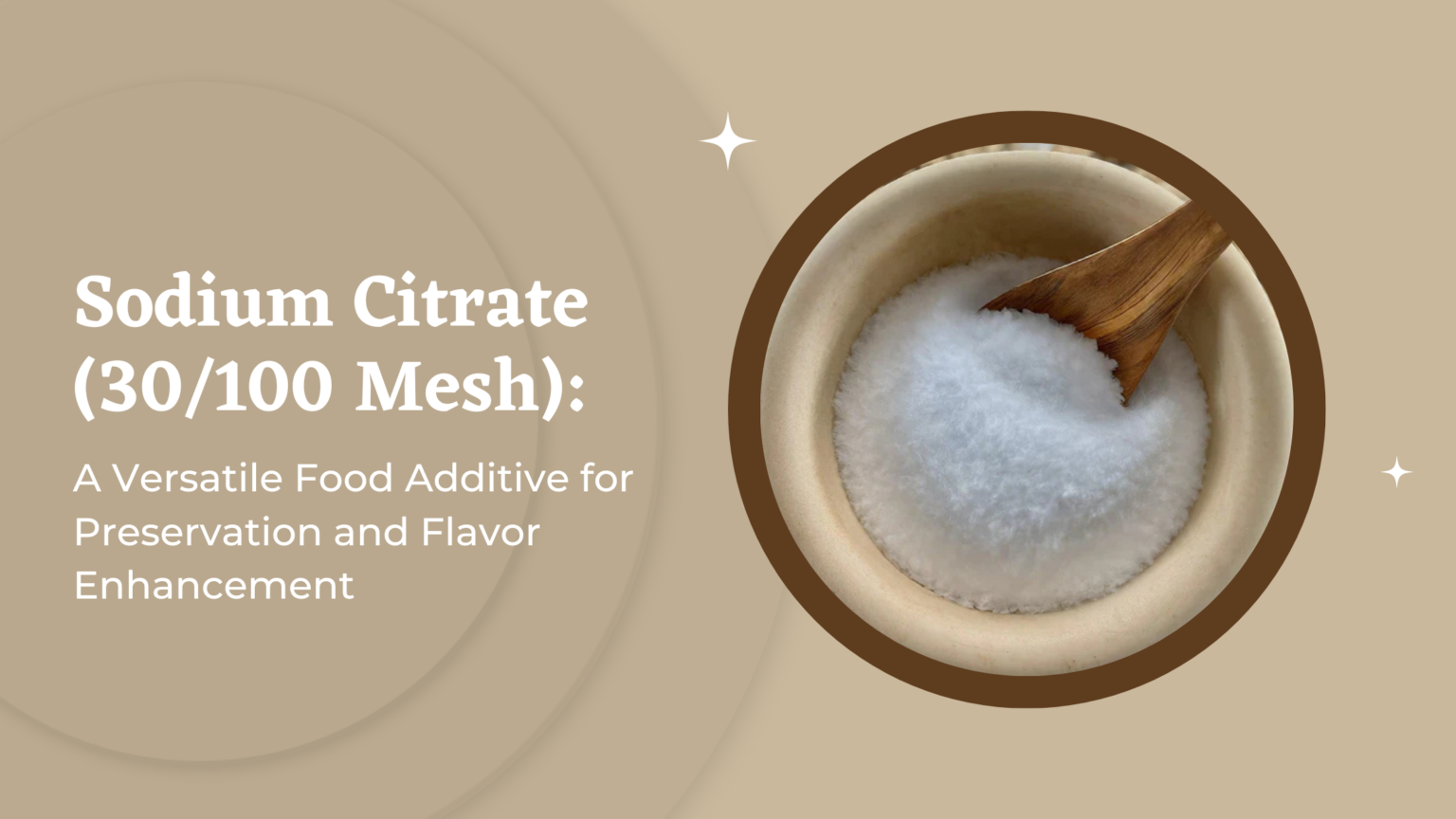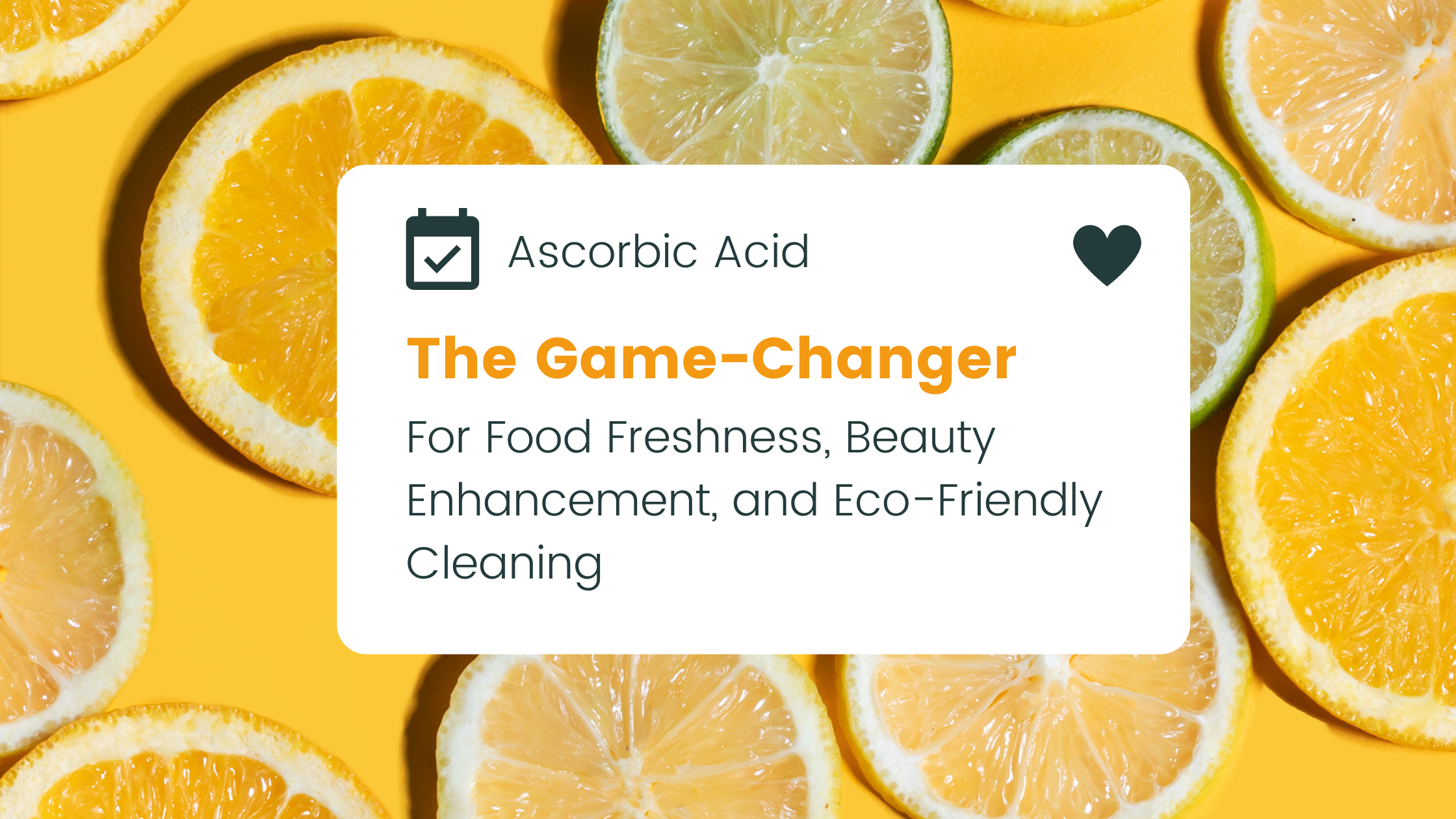At EZ Elements, we understand the value of ingredients that deliver both performance and flexibility. Sodium Citrate is one such multi-functional food additive, widely recognized for its role in enhancing flavor and extending shelf life in a variety of applications. Offered in a refined 30/100 mesh size, it’s engineered for precision and consistency across food, beverage, and pharmaceutical formulations.
Whether you’re creating savory snacks or electrolyte-rich drinks, Sodium Citrate helps maintain freshness while optimizing flavor profiles.
What Makes Sodium Citrate a Go-To Preservative?
Sodium Citrate functions as an effective preservative, thanks to its ability to regulate acidity and inhibit spoilage. Its buffering capacity stabilizes the pH levels in food and beverages, helping to prevent degradation and extend shelf life. This makes it a preferred choice in everything from dairy products and soft drinks to syrups and sauces.
Key Features of Sodium Citrate (30/100 Mesh)
The term 30/100 mesh refers to the particle size distribution—ensuring that the crystals are fine enough for uniform blending, yet coarse enough for easy handling in industrial settings. This mesh size is particularly beneficial for:
- Precise ingredient measurement
- Quick solubility in aqueous solutions
- Uniform dispersion in dry or wet mixes
This consistency makes it ideal for manufacturers seeking efficiency and reliability in their formulations.
Wide-Ranging Applications & Benefits
From acting as a flavor enhancer in processed cheese and powdered beverages to serving as a preservative in shelf-stable goods, Sodium Citrate’s versatility is unmatched. Industries benefit from its:
- Non-toxic, food-grade safety
- Excellent solubility and taste-masking properties
- Compatibility with a variety of formulations
- Long shelf life and cost efficiency
Whether you’re in food production, pharmaceuticals, or cosmetics, Sodium Citrate supports both product quality and process efficiency.
Buy Sodium Citrate (30/100 Mesh) from EZ Elements – your trusted partner for bulk supply solutions in Canada.



